Here’s What’s Streaming on The Criterion Channel in July 2025
The Criterion Channel has announced the titles streaming on their platform in July 2025, including collections featuring Miami Neo-noir, a spotlight on steamy summer romances, and the films of D.A. Pennebaker, Jacques Rozier, Hou Hsiao-hsien, and Michael Haneke.
Newly added Criterion Collection editions include Charles Burnett’s KILLER OF SHEEP, François Truffaut’s THE ANTOINE DOINEL COLLECTION, Julian Schnabel’s BASQUIAT, and John Cameron Mitchell’s HEDWIG AND THE ANGRY INCH.
Here’s the full breakdown:
*Indicates programming available only in the U.S.
TOP STORIES
Miami Neonoir
Few cities have fired the cinematic imagination like Miami, which exists in the collective pop-culture psyche as both a sun-splashed paradise and a zone of moral ambiguity, its pastel facades and glistening coastlines providing a seductive backdrop to crime, corruption, and existential drift. From the steamy suspense of Body Heat to the sleek digital atmosphere of Miami Vice, these hot and humid neonoirs trade shadow for harsh, hallucinatory light, reworking the genre’s fatalism against a simultaneously glamorous and gritty landscape of blurred borders and shifting identities.
FEATURING: Body Heat (1981), Miami Blues (1990), China Moon (1994), Out of Sight (1998)*, Bully (2001), Miami Vice (2006)*
Summer Romances
Temperatures and passions sizzle in these scorching summertime tales of desire—the sultry cinematic equivalents of a perfect beach read. Built around the electric chemistry of gorgeous golden-age Hollywood stars like Elizabeth Taylor and Montgomery Clift (A Place in the Sun), Audrey Hepburn and Gregory Peck (Roman Holiday), and Natalie Wood and Warren Beatty (Splendor in the Grass), these by turns aching, breezy, steamy, and tragic romances capture both the life-changing power and fleeting escapism of summer love.
FEATURING: Pandora and the Flying Dutchman (1951), A Place in the Sun (1951), Roman Holiday (1953)*, Summertime (1955), Gidget (1959), Suddenly, Last Summer (1960), Splendor in the Grass (1961), The Sandpiper (1965)
D. A. Pennebaker’s Eye on the Century
This July 15th marks the 100th birthday of documentary filmmaker D. A. Pennebaker, who forever changed the way we see the world. He helped pioneer the sync-sound camera rig, allowing his camera to move freely, bringing audiences into the heart of the moments that shaped a century. One of the trailblazers of cinema verité, Pennebaker believed that truth didn’t need a narrator, it just needed to be witnessed. Working alongside collaborators like Robert Drew, Richard Leacock, and his creative and life partner Chris Hegedus, he captured history in motion: a young presidential hopeful on the campaign trail in Primary, Bob Dylan wrestling with fame in Dont Look Back, the raw energy of Monterey Pop, and the creative chaos of Original Cast Album: “Company.” Whether he was filming backstage on Broadway or inside a French pastry competition, Pennebaker gave us something rare: life, unfolding in real time. Organic, immediate, and deeply human, his films remind us what it feels like to watch history not as it’s told, but as it’s lived.
DIRECTED BY D. A. PENNEBAKER: Daybreak Express (1953), Baby (1954), Brussels Film Loops/Gestures/World Kitchen (1957), Lambert & Co. (1964), Dont Look Back (1967), Monterey Pop (1968), Original Cast Album: “Company” (1970), Town Bloody Hall (1979), Jimi Plays Monterey (1986), Shake! Otis at Monterey (1986), The War Room (1993), 65 Revisited (2007), The Return of the War Room (2008), Kings of Pastry (2009)
FEATURING CINEMATOGRAPHY BY D. A. PENNEBAKER: Primary (1960), Adventures on the New Frontier (1961), Crisis (1963), Faces of November (1964), Maidstone (1970)
Directed by Jacques Rozier
One of the essential but long-neglected voices of the French New Wave, Jacques Rozier was a comedic master whose small yet rich body of work remains ripe for rediscovery. Starting with his feature debut, Adieu Philippine, Rozier was determined to explode conventional story forms, combine seemingly incompatible genres and tones, and gleefully stretch his characters’ possibilities to their breaking points. Overlooked upon its initial release, Adieu Philippine has since been hailed as a high point of the nouvelle vague’s youthful energy and experimentation, though Rozier’s four other, lesser-known features—Near Orouët, The Castaways of Turtle Island, Maine-Océan Express, and Fifi Martingale—are just as startling for their emotional complexity, satirical insight, narrative mischief, and humorous, self-reflective examinations of the nature of creativity. Long overshadowed by the films of his peers, Rozier’s core work reveals a brilliant and distinctive cinematic vision.
FEATURES: Adieu Philippine (1962), Near Orouët (1971), The Castaways of Turtle Island (1976), Maine-Océan Express (1986), Fifi Martingale (2001)
SHORTS: Blue Jeans (1958), Le parti des choses: Bardot et Godard (1964), Paparazzi (1964), Nono Nénesse (1976), Lettre de la Sierra Morena (1983), Joséphine en tournée (1990)
Portraits of Artists
The best films about artists don’t just document their lives and practices, but are themselves acts of artistic interpretation. Eschewing conventional biography in favor of formal experimentation, these boldly conceived works mirror the creativity of their subjects through the language of film. Using the aesthetic worlds of visionaries like Pablo Picasso (The Mystery of Picasso), R. Crumb (Crumb), Jean-Michel Basquiat (Jean-Michel Basquiat: The Radiant Child), and David Lynch (David Lynch: The Art Life) as jumping-off points for their own free-flowing exploration, these films stand as fascinating dialogues between subject and filmmaker.
FEATURING: The Mystery of Picasso (1956), A Bigger Splash (1973), Christo’s Valley Curtain (1974), F for Fake (1975), Routine Pleasures (1986), Notebook on Cities and Clothes (1989), Crumb (1995), Jean-Michel Basquiat: The Radiant Child (2010), David Lynch: The Art Life (2016), Beyond the Visible – Hilma af Klint (2019), Anselm (2023)
The Craft of Acting: Brian Cox
From Shakespeare to Succession, Scottish actor Brian Cox has carved out a distinguished, six-decade-plus career on both stage and screen, along the way winning two Olivier Awards, an Emmy, and a Golden Globe. In this edition of the Craft of Acting, Cox sits down with writer Issac Butler (The Method: How the Twentieth Century Learned to Act) to discuss everything from why he made the decision to focus on character parts to why he considers Spencer Tracy’s performance in the classic western noir Bad Day at Black Rock to be one of the greatest ever. Unpacking his approach to acting, Cox recounts how he created some of his most memorable characters, including the first on-screen iteration of Hannibal Lecter in Michael Mann’s chilling Manhunter.
FEATURING: Bad Day at Black Rock (1955)*, In Celebration (1975), Manhunter (1986), The Escapist (2008)*
Frantz Fanon at 100
Born 100 years ago this July in Martinique, the psychiatrist, political philosopher and revolutionary Frantz Fanon inspired oppressed people worldwide to fight for liberation. His radical assertion of anticolonial consciousness and call to resistance can be felt in landmark cinematic bombshells by Ousmane Sembène (Black Girl), Gillo Pontecorvo (The Battle of Algiers), and Sarah Maldoror (Sambizanga), while more recent filmmakers like Isaac Julien (Frantz Fanon: Black Skin, White Mask) and Göran Olsson (Concerning Violence) have perpetuated Fanon’s legacy through experimental documentaries that illuminate his life and ideas through powerfully evocative imagery.
FEATURING: Black Girl (1966), The Battle of Algiers (1966), Sambizanga (1972), Frantz Fanon: Black Skin, White Mask (1995), Concerning Violence (2014), True Chronicles of the Blida Joinville Psychiatric Hospital in the Last Century, when Dr Frantz Fanon Was Head of the Fifth Ward between 1953 and 1956 (2024)
CRITERION COLLECTION EDITIONS
Killer of Sheep (Charles Burnett, 1977)
Criterion Collection Edition #1262
A stunning new restoration of Charles Burnett’s independent masterpiece—a landmark of African American cinema—makes its long-awaited streaming debut.
SUPPLEMENTAL FEATURES: Audio commentary by Burnett and film scholar Richard Peña, interviews with Burnett and actor Henry Gayle Sanders, an appreciation by Barry Jenkins, and more.
The Adventures of Antoine Doinel (François Truffaut, 1959–1979)
Criterion Collection Edition #185
The irrepressible Jean-Pierre Léaud stars as François Truffaut’s alter ego across four landmark films of the French New Wave.
SUPPLEMENTS: Short films by Truffaut, two audio commentaries for The 400 Blows, interviews with Truffaut and his collaborators, two video essays by film historian Serge Toubiana, and more.
Basquiat (Julian Schnabel, 1996)
Criterion Collection Edition #1260
Julian Schnabel’s movingly personal tribute to his friend Jean-Michel Basquiat (Jeffrey Wright) is a woozily impressionistic immersion into the much-mythologized downtown Manhattan art world of the 1980s.
SUPPLEMENTS: Audio commentary by Schnabel and writer and curator Giulia D’Agnolo Vallan, an interview with Schabel and David Bowie, and more.
Hedwig and the Angry Inch (John Cameron Mitchell, 2001)
Criterion Collection Edition #982
With this trailblazing musical, writer-director-star John Cameron Mitchell and composer-lyricist Stephen Trask brought their signature creation from stage to screen for a movie as unclassifiable as its protagonist.
SUPPLEMENTAL FEATURES: Audio commentary featuring Mitchell and cinematographer Frank G. DeMarco, a conversation among cast and crew members, programs on the making of the film, and more.
REDISCOVERIES AND RESTORATIONS
Female Perversions
In her stunning American film debut, the singularly arresting, chameleonic Tilda Swinton stars as Eve Stephens, a ruthless, bisexual Los Angeles lawyer on the edge. As she struggles to balance her career ambitions, provocative sexual power games with both men and women, and a family crisis that threatens to derail everything, the increasingly unstable Eve is forced to confront her inner demons. Inspired by Louise J. Kaplan’s landmark psychology text Female Perversions: The Temptations of Emma Bovary, Susan Streitfeld’s debut feature is a bold, subversive, and unabashedly erotic examination of the myriad roles women must play in everyday life.
July Rhapsody
Brimming with serene, ineffable beauty, July Rhapsody is a profound and soothing tale from Hong Kong auteur Ann Hui (Boat People) about paddling through life’s chaos—even as things that seem eternal, like the Yangtze River, quietly fade away. Outwardly, Lam (Jacky Cheung) takes pride in his job teaching Chinese literature at an elite school and in his caring wife (Anita Mui, in one of her final roles) and two sons. But deep down, the forty-year-old wrestles with unfulfilled desires stoked by jealousy over his friends’ professional successes and the advances of a flirtatious student (Karena Lam). The sudden return of his former mentor finally upsets this delicate balance, forcing Lam to unearth the long-hidden truth about who he is and gain a new perspective on how to live the rest of his life.
Bona
Director Lino Brocka brings his trademark blend of melodrama and social realism to this lost-and-found masterwork of Filipino cinema, a troubling character study at the intersection of fandom, sexuality, and martyrdom. Superstar Nora Aunor—who produced the film, subverting her own fame—plays Bona, a middle-class girl from the Philippines who is obsessed with Gardo (Philip Salvador), a bit actor in low-budget films. When she decides to drop out of school to follow the object of her infatuation, her furious father casts her out and Bona moves in with her idol in the Manila slums. At first delighted to play house, the young woman soon finds herself not the wife, but the maid—at the mercy of Gardo’s every whim and desire, yet intent on enduring his unending parade of conquests in the hopes of finally being seen.
92 in the Shade
Thomas McGuane adapted his own novel for this wonderfully weird, deadpan portrait of outsiders and oddballs living in Key West, Florida. Peter Fonda stars as a wannabe fishing guide who finds himself drawn into a dangerous rivalry with a crusty, irascible backwater boatman (the one and only Warren Oates). The offbeat cast—including Harry Dean Stanton, Burgess Meredith, a pre–Lois Lane Margot Kidder, and Sylvia Miles—delivering deliciously florid dialogue in the sun-blasted Florida setting makes for a one-of-a-kind, almost surreally entertaining seriocomedy that eschews narrative structure in favor of a loose-limbed, lo-fi quirkiness.
DIRECTOR SPOTLIGHTS
Directed by Hou Hsiao-hsien
With their hypnotic long takes and elliptical narrative structures, the dreamily enveloping films of Taiwanese cinema titan Hou Hsiao-hsien seem to reshape the rules of time, drifting languorously through the ever-changing sociopolitical realities of Taiwan past and present. Beginning his career with the charming, commercial romantic comedies Cute Girl and The Green, Green Grass of Home, he came into his own with his fourth feature, the poignant, more naturalistic coming-of-age drama The Boys from Fengkuei. With later triumphs like Flowers of Shanghai and Millennium Mambo—sublimely sensorial reflections on the passage of history at the end of the nineteenth and dawn of the twenty-first centuries, respectively—Hou firmly established himself as one of world cinema’s foremost masters, capable of rendering profound emotional states with the subtlest of strokes.
FEATURING: Cute Girl (1980), The Green, Green Grass of Home (1982), The Boys from Fengkuei (1983), Flowers of Shanghai (1998), Millennium Mambo (2001)*
Moustapha Alassane: Niger’s Movie Magician
A playfully subversive trailblazer of African cinema, Niger-born Moustapha Alassane created a charmingly lo-fi, irreverently imaginative world all his own. Featuring cartoon frogs, Wild West–style African cowboys, stop-motion puppets, and folkloric heroes, his often witty, iconoclastic fables take satiric aim at postcolonial politics and government corruption—calling out abuse of power wherever he saw it. Working across animation, narrative, experimental, and ethnographic filmmaking, he collaborated with renowned figures like animator Norman McLaren and documentarian Jean Rouch, but his style was all his own, unbeholden to Eurocentric conventions and steeped in Nigerien tradition and lore.
FEATURING: The Death of Gandji (1965), Bon voyage, Sim (1966), Return of an Adventurer (1966), The Cowboys Are Black (1966), Samba the Great (1977), Kokoa (2001)
Lino Brocka: Legend of Philippine Cinema
Intense, searing visions of life, death, sex, and struggle on the mean streets of Manila, the films of preeminent Filipino auteur Lino Brocka fuse feverish melodrama with hard-hitting social and political commentary. His films—including defining works of Filipino cinema like the gritty urban nightmare Manila in the Claws of Light, the shattering revenge drama Insiang, and the blistering action thriller Cain and Abel—scorch the screen with raw emotion and righteous anger at class inequality, sexual violence, and the pervasive corruption of the Marcos era.
FEATURING: Manila in the Claws of Light (1975), Insiang (1976), Bona (1980), Cain and Abel (1982)
Directed by Michael Haneke
Chilling, unblinking confrontations with the void of modern existence, the films of Michael Haneke dare viewers to reckon with the links between media, violence, capitalism, and inequality in an increasingly sterile, alienated world. With his first three theatrical features—The Seventh Continent, Benny’s Video, and 71 Fragments of a Chronology of Chance—Haneke offered a disturbing vision of an Austrian society so emotionally numb it could only be roused by the shock of sudden violence. His harrowing dissections of contemporary malaise reached new heights of controversy and acclaim with much-debated international sensations like the dread-inducing home-invasion thriller Funny Games and the startling psycho-erotic drama The Piano Teacher, which firmly established him as one of contemporary cinema’s most daring and provocative artists.
FEATURING: Three Paths to the Lake (1976), Lemmings, Part 1: Arcadia (1979), Lemmings, Part 2: Injuries (1979), The Seventh Continent (1989), Benny’s Video (1992), The Rebellion (1993), 71 Fragments of a Chronology of Chance (1994), The Castle (1997), Funny Games (1997), Code Unknown (2000), The Piano Teacher (2001), Funny Games (2007)*
DOCUMENTARIES
The Endless Summer
Take a blissful, sun-kissed trip around the world in search of the perfect wave with the definitive surfing documentary.
MUSIC FILMS
The Rolling Stones on Film
From the beginning of their ’60s heyday, the Rolling Stones oozed rebel cool and a sense of danger that made them irresistible cinematic subjects. While their first foray into film, the tour documentary Charlie Is My Darling, presents the band as young up-and-comers in the process of finding their voice, Jean-Luc Godard’s radically experimental Sympathy for the Devil, which documents the recording of the iconic title song, and the infamous concert-film landmark Gimme Shelter—the dark flip side to the peace-and-love era—capture the Stones at their electrifying, counterculture-defining peak.
FEATURING: Charlie Is My Darling (1966), Sympathy for the Devil (1968), Gimme Shelter (1970), The Rolling Stones Rock and Roll Circus (1996)
It Couldn’t Happen Here
Perfect pop surrealism meets a deconstructed, darkly deadpan road movie in this sublimely strange and singular musical odyssey from legendary synth-pop duo Pet Shop Boys.
Caring Cabin
Starring electronic-music pioneer Beverly Glenn-Copeland and conceived by his wife and creative partner Elizabeth, this never-before-seen pilot for an unproduced children’s show is a joyous, colorful kaleidoscope of handmade puppets, eye-whirling archival montage, and Glenn-Copeland’s transcendent music. Though the planned series ultimately never came to fruition due to Glenn-Copeland’s subsequent dementia diagnosis, this small treasure is a testament to the radiant imagination of a singularly serene, inspirational life force who is a beacon to both underground music and the trans community.
Rhythm Thief
A small-time hustler finds himself on the run from a militant all-girl punk band in this edgy, invigorating indie blast from the graffiti-covered streets of the 1990s Lower East Side.
Let’s Get Lost
Sculpted in sublimely shadowy monochrome, this Oscar-nominated portrait of legendary, life-scarred jazz trumpeter Chet Baker is an almost unbearably poignant elegy.
The Punk Singer*
Ultimate riot grrrl Kathleen Hanna (Bikini Kill, Le Tigre) gets candid in this electrifying portrait of a fearless feminist artist.
INTERNATIONAL CLASSICS
The Dreamers
Bernardo Bertolucci’s exhilarating late-career triumph is an intoxicating homage to love, sex, cinema, and the revolutionary spirit of the 1960s suffused with the wide-eyed wonder of youth.
AMERICAN INDEPENDENTS
It Felt Like Love*
A teenage girl’s quest to experience love pushes her into dangerous new territory in Eliza Hittman’s bracing, startlingly intimate vision of sexual awakening.
Delirious
Tom DiCillo’s uproarious showbiz satire stars Steve Buscemi as a neurotic paparazzo searching for his big break in mid-aughts NYC.
SHORT FILMS
7 Films by Suzan Pitt
Featuring Suzan Pitt: Persistence of Vision, a 2006 documentary by Blue and Laura Kraning
Enter the wild and wondrous world of the late Suzan Pitt, an independent animation visionary whose oneiric psychosexual odysseys are direct channels to her dreams, nightmares, fantasies, and inner desires. Straining a diverse array of influences—from Leonora Carrington to Betty Boop to magical realism—through her subconscious, Pitt became an underground-animation legend with her DIY landmark Asparagus, a kaleidoscopic vegetal fantasia that blew minds when it toured the midnight-movie circuit on a double bill with David Lynch’s Eraserhead. Embedding deeply personal explorations of issues like depression (Joy Street) and mortality (El doctor) within whorls of biomorphic, Jungian imagery, Pitt’s films are triumphs of surrealist imagination from an artist who brought her unconscious to florid, flickering life.
FEATURING: Crocus (1971), Jefferson Circus Songs (1973), Asparagus (1979), Joy Street (1995), El doctor (2006), Visitation (2011), Pinball (2013)
HOLLYWOOD HITS
Heat
Robert De Niro and Al Pacino face off in Michael Mann’s epic existential crime opera.


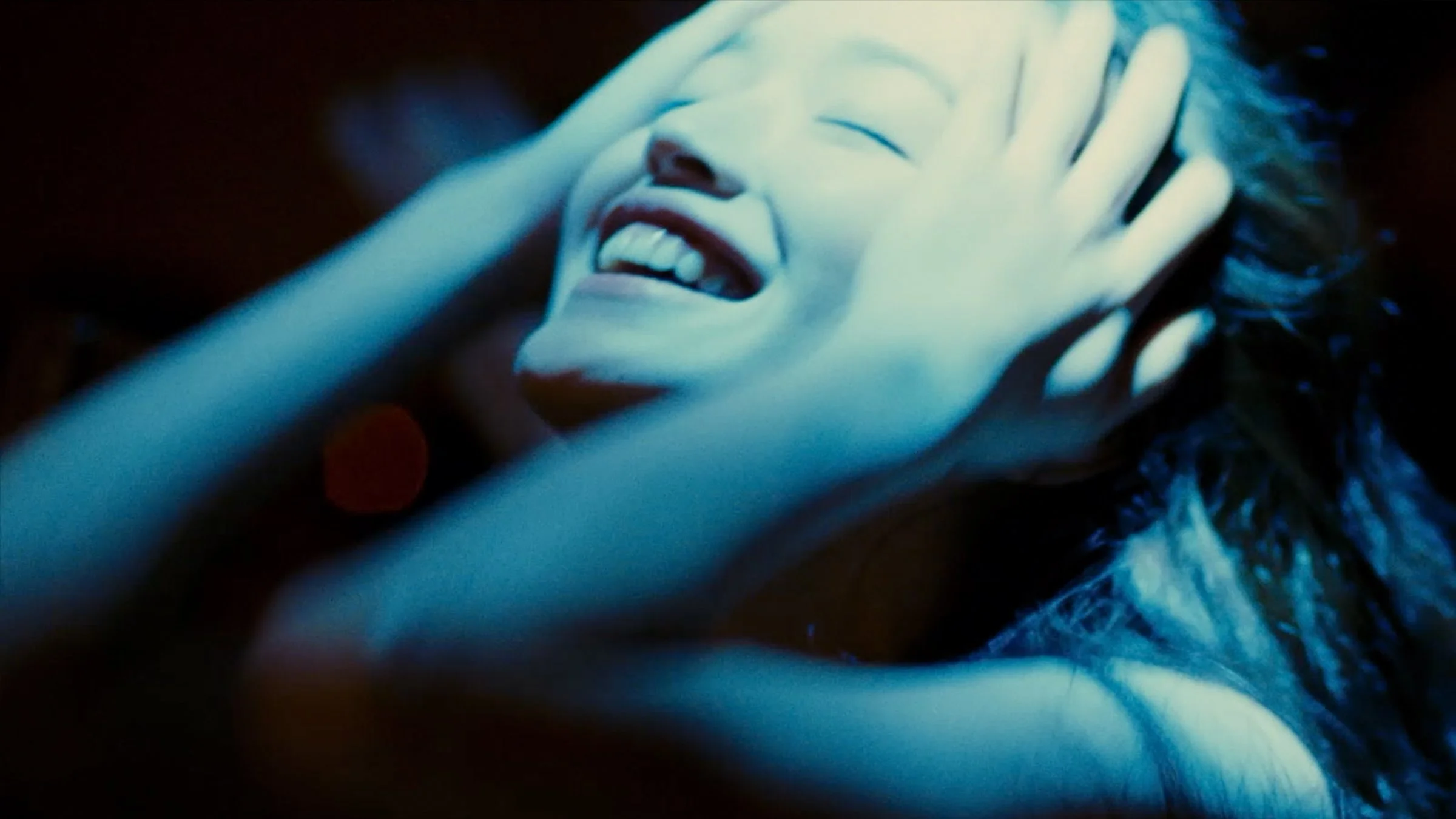
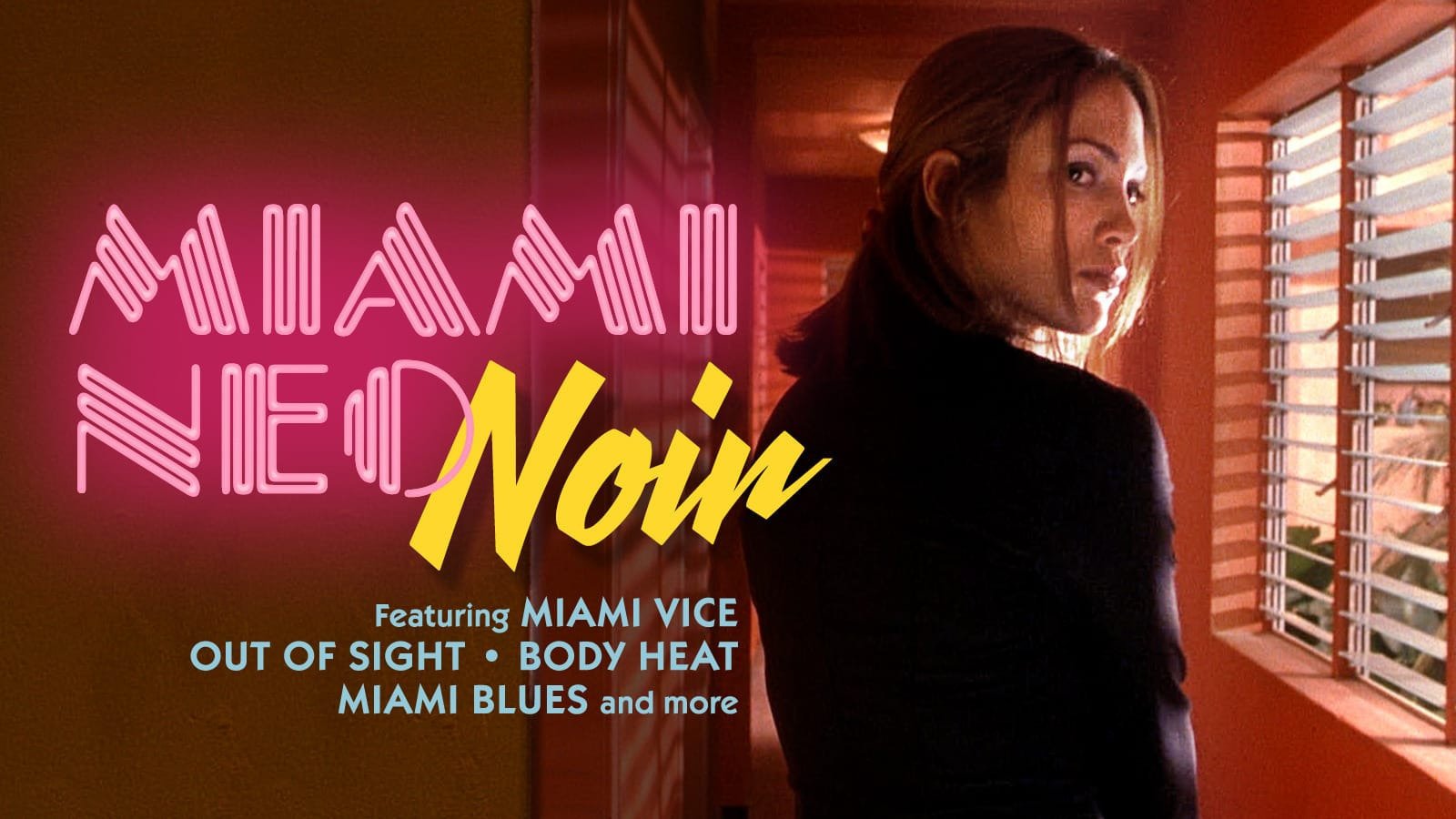
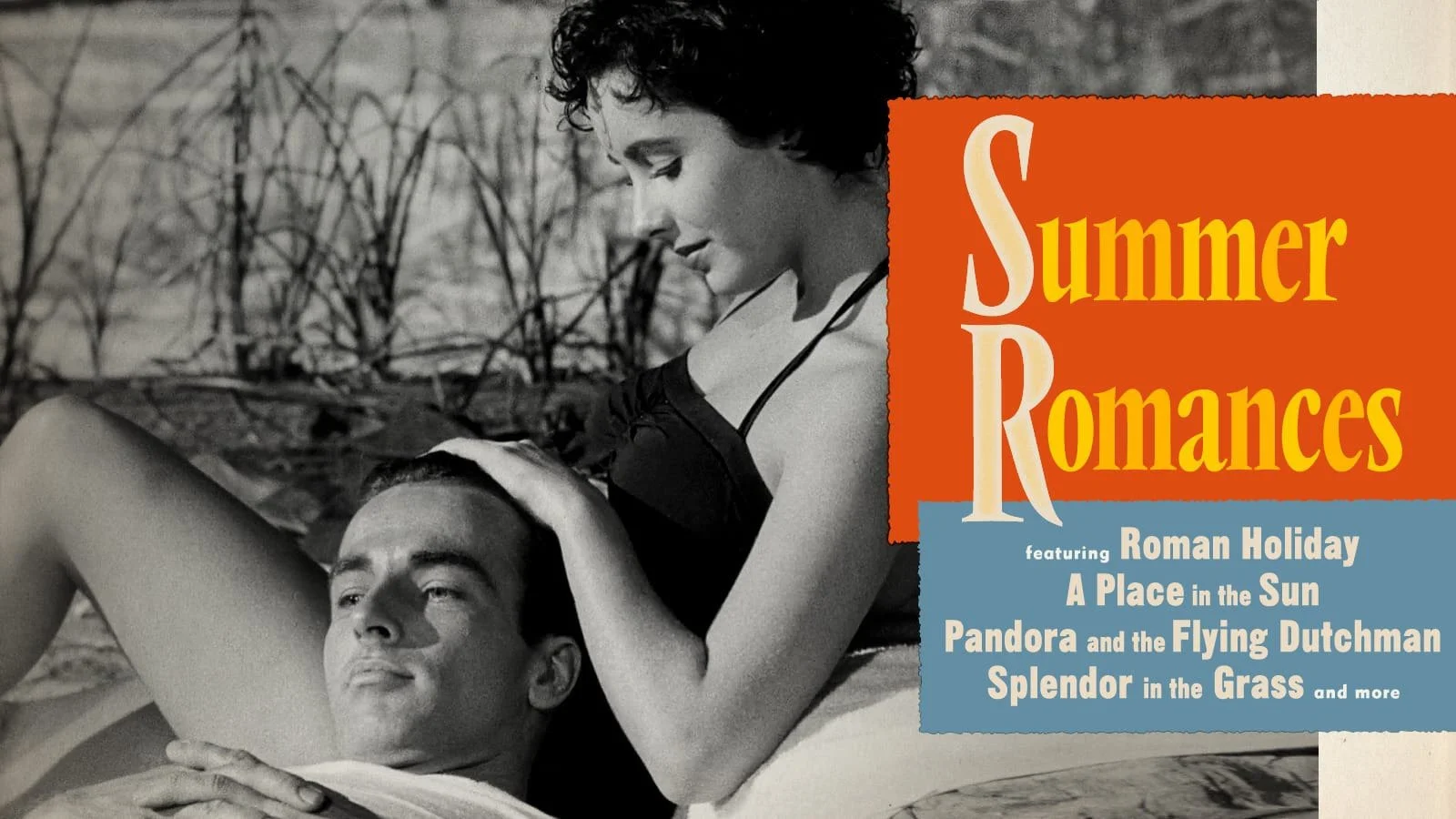
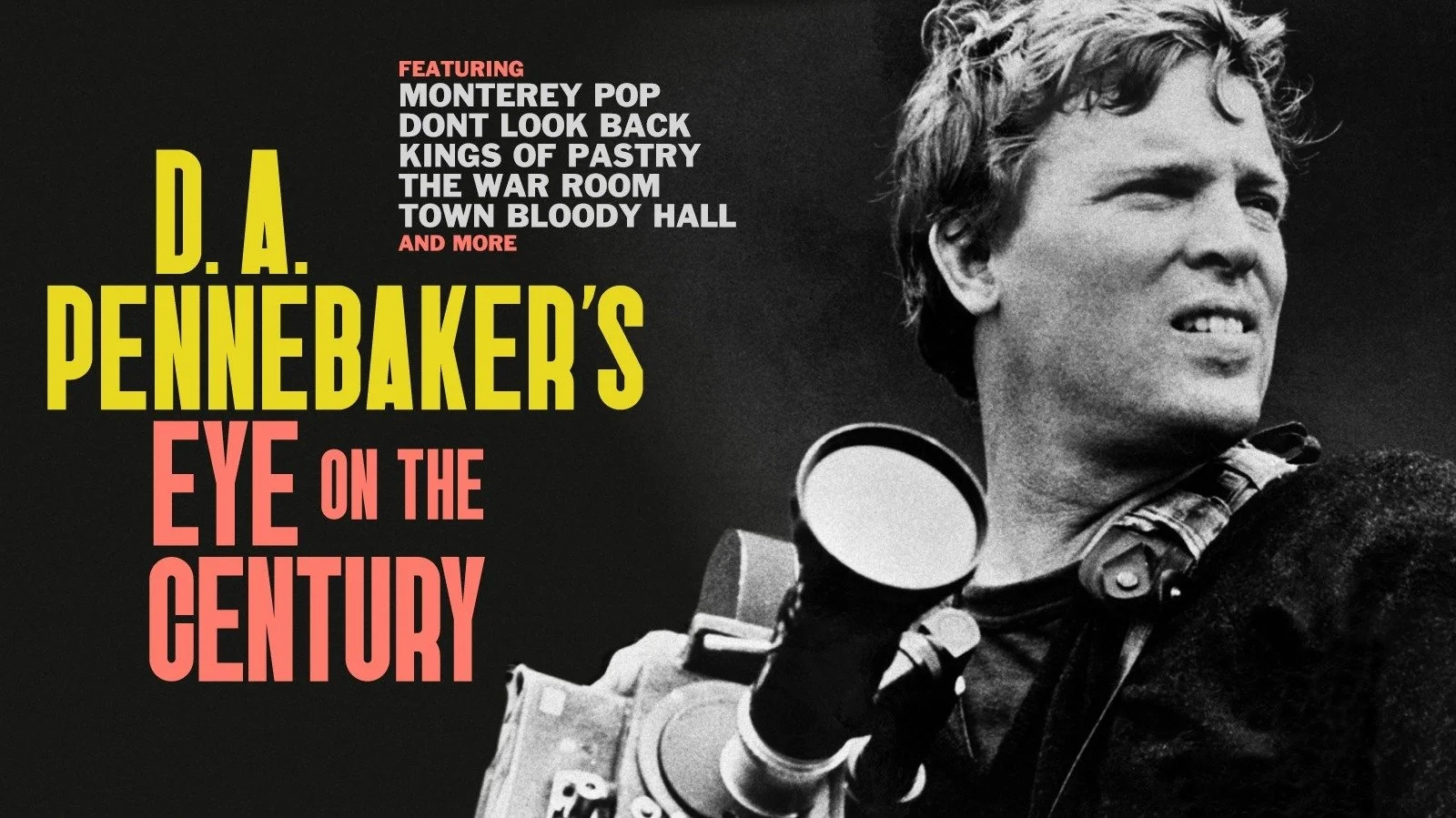
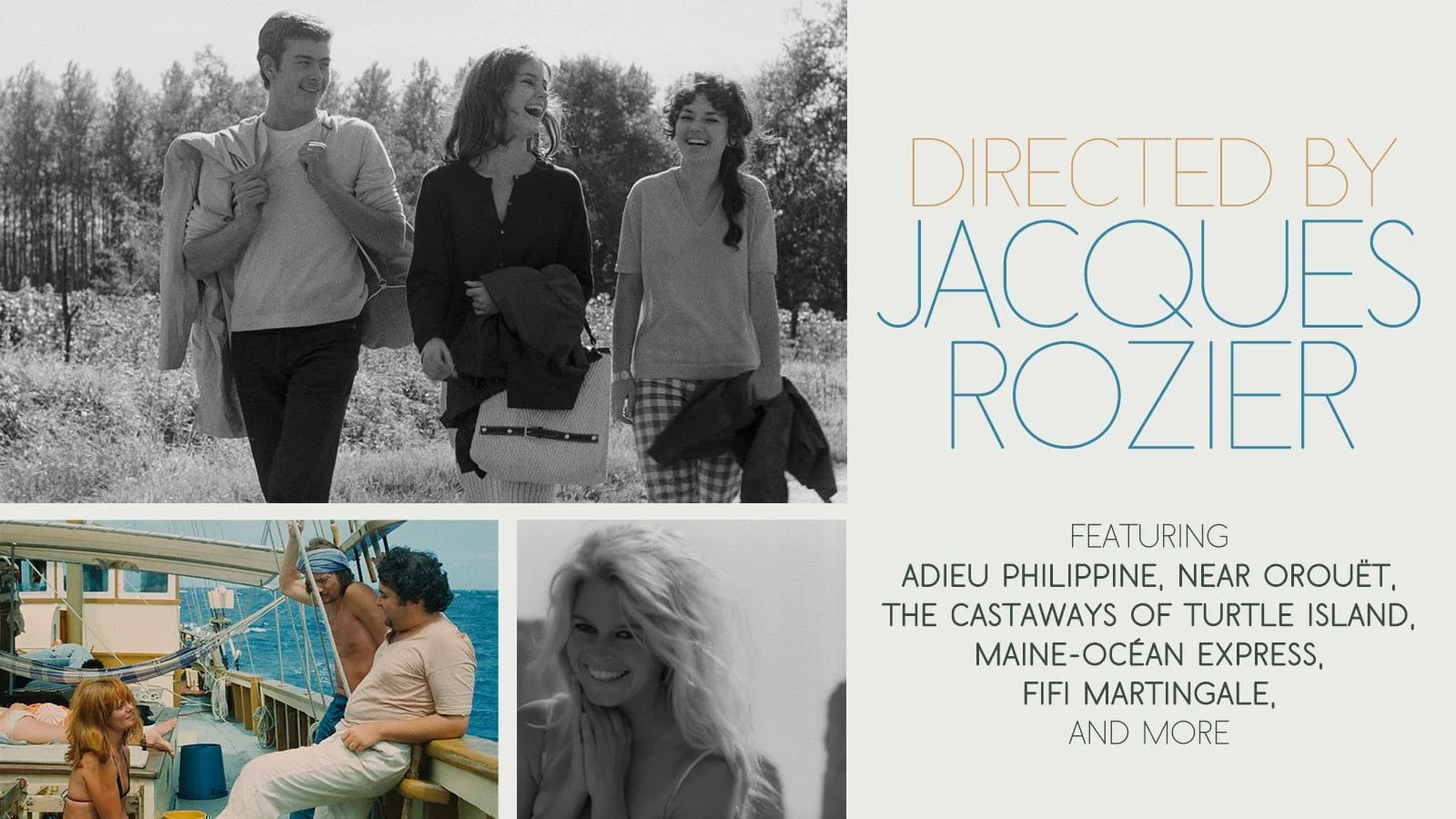
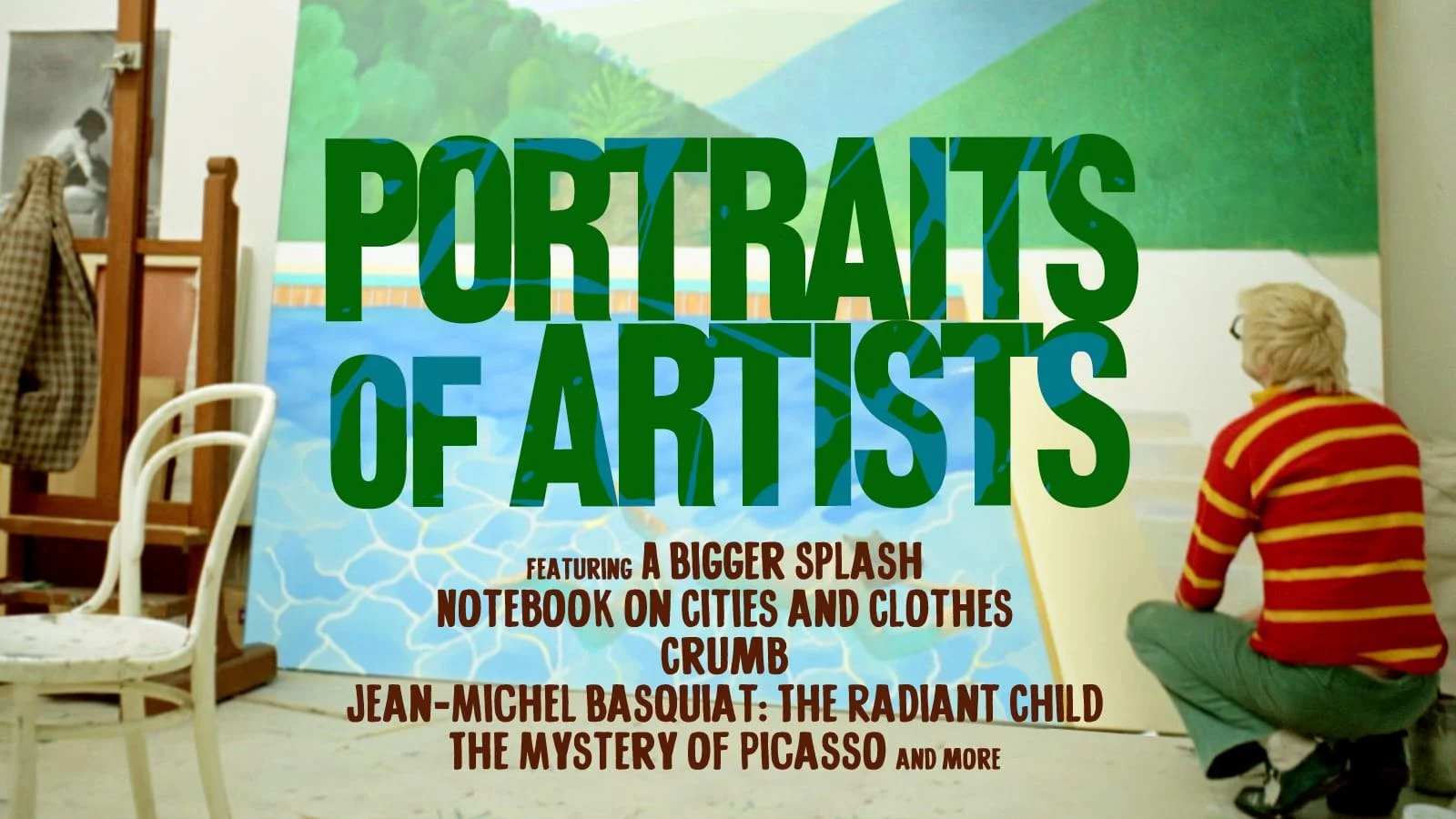
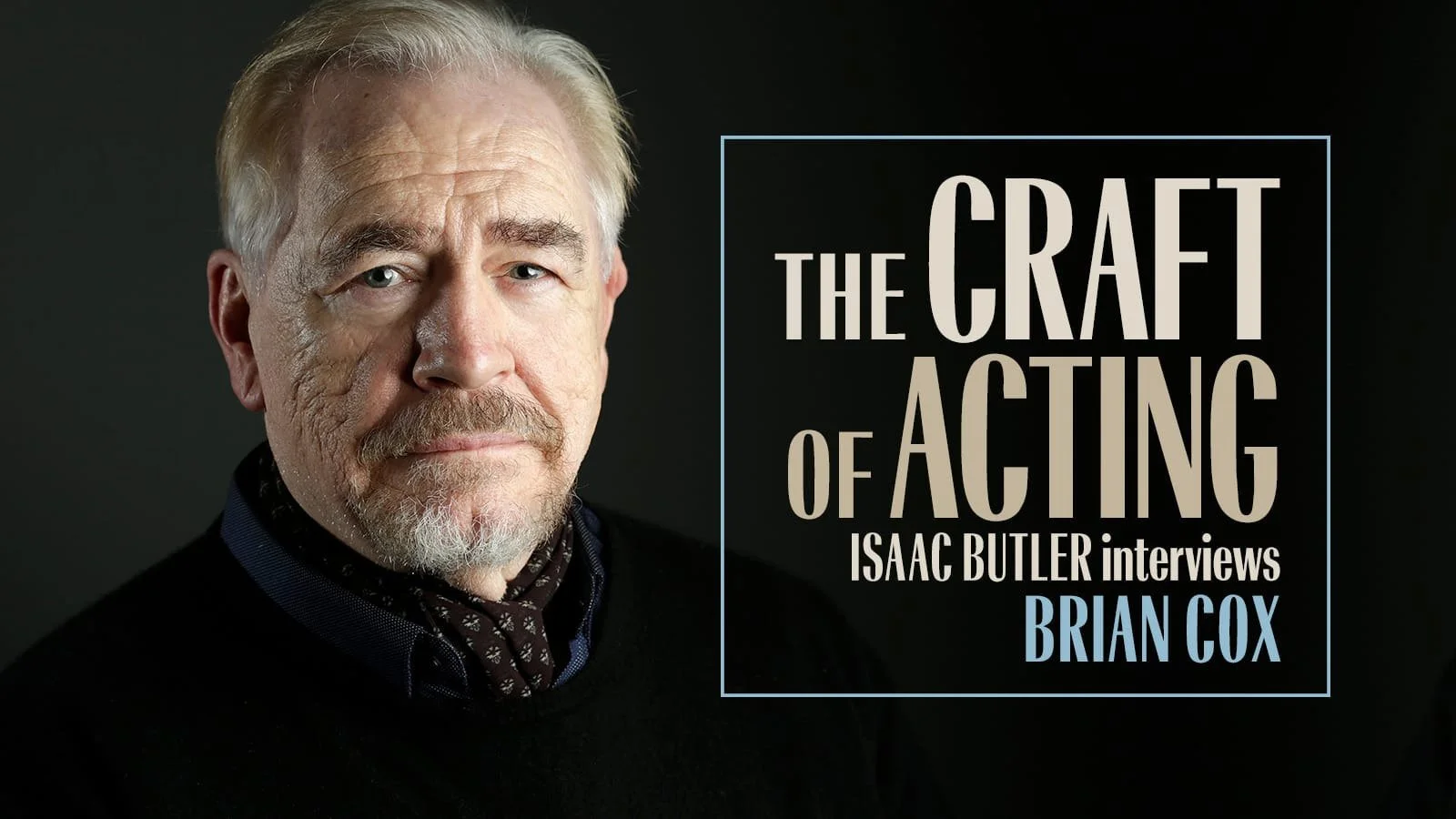
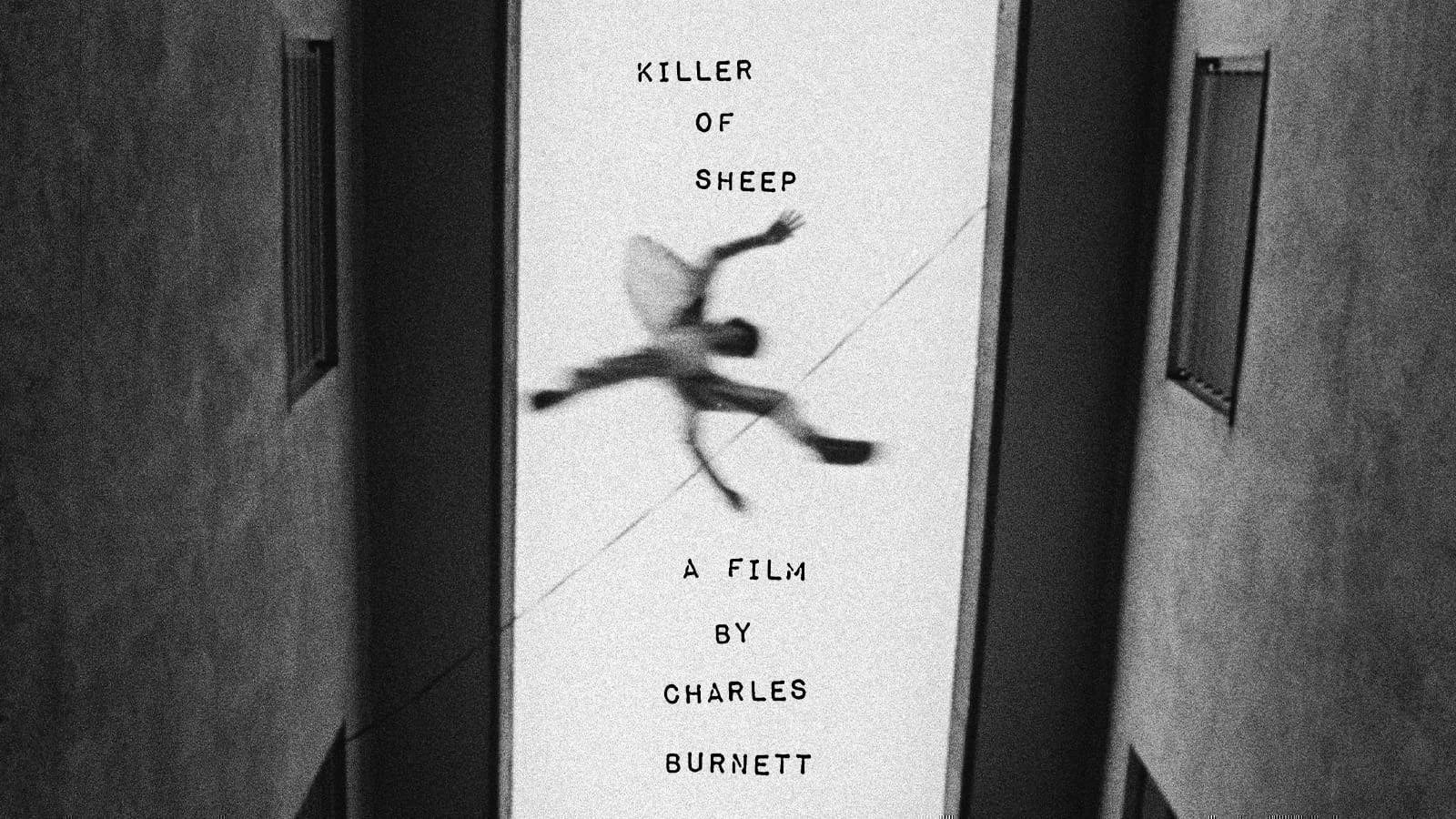
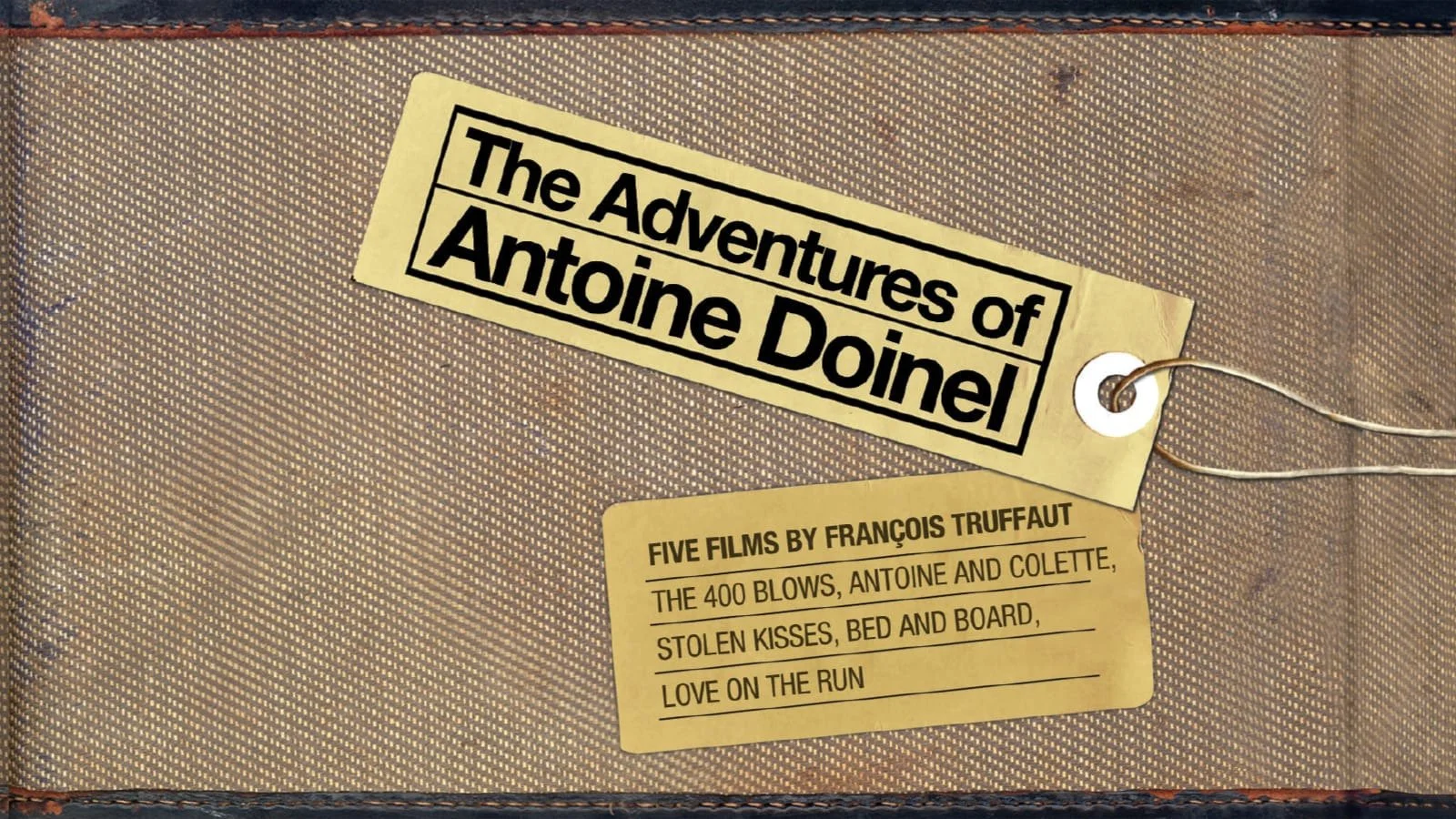
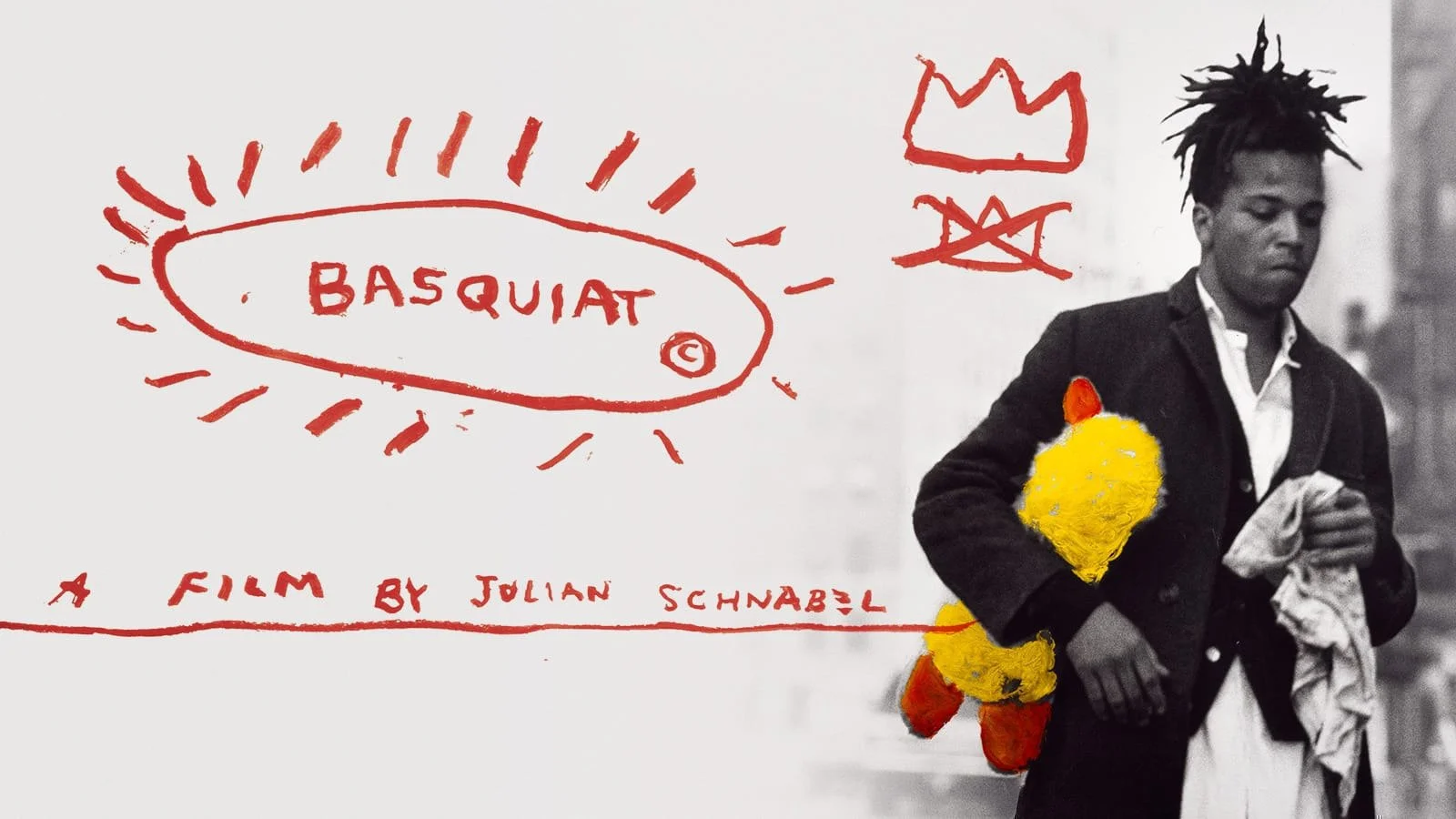
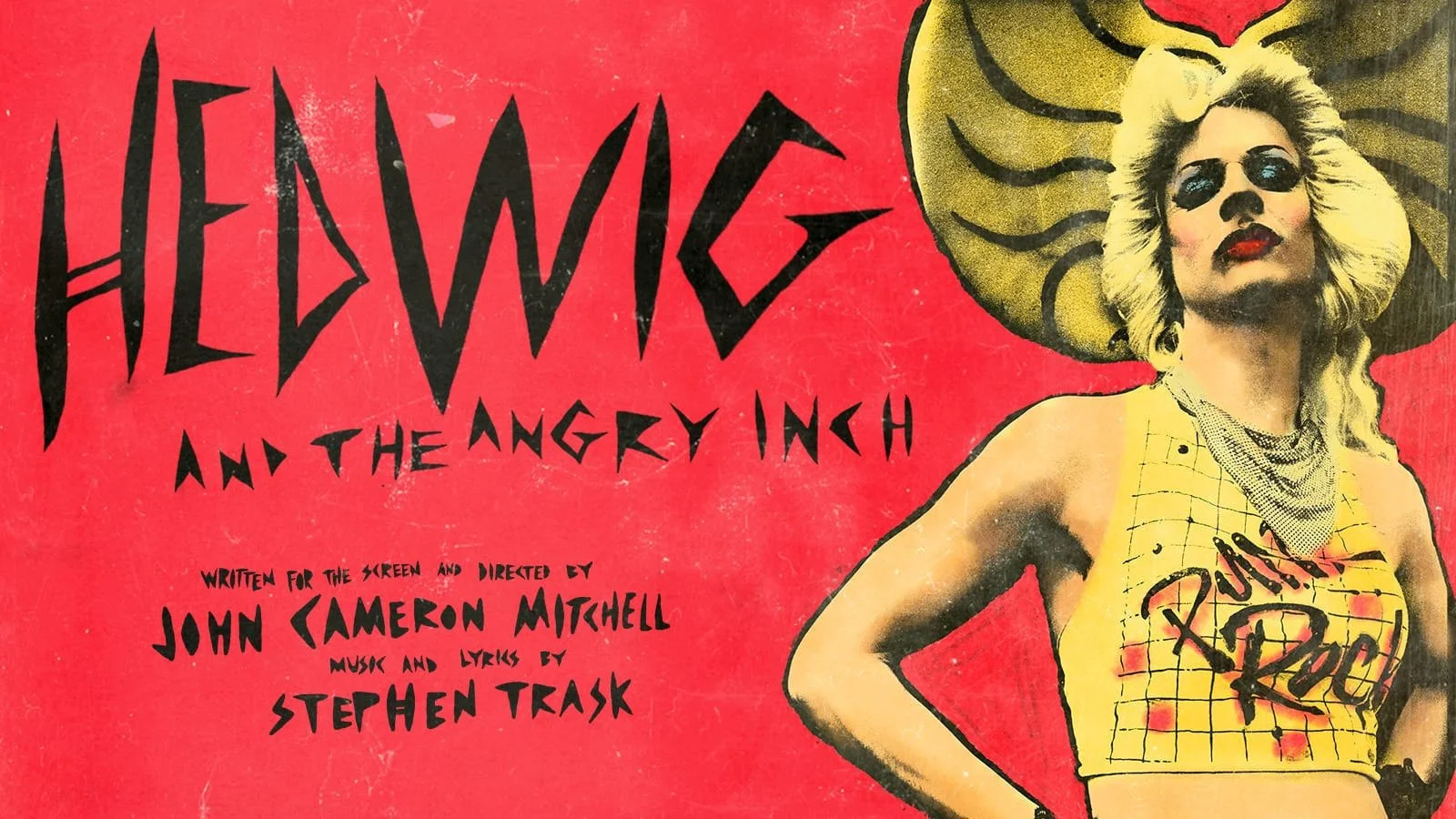
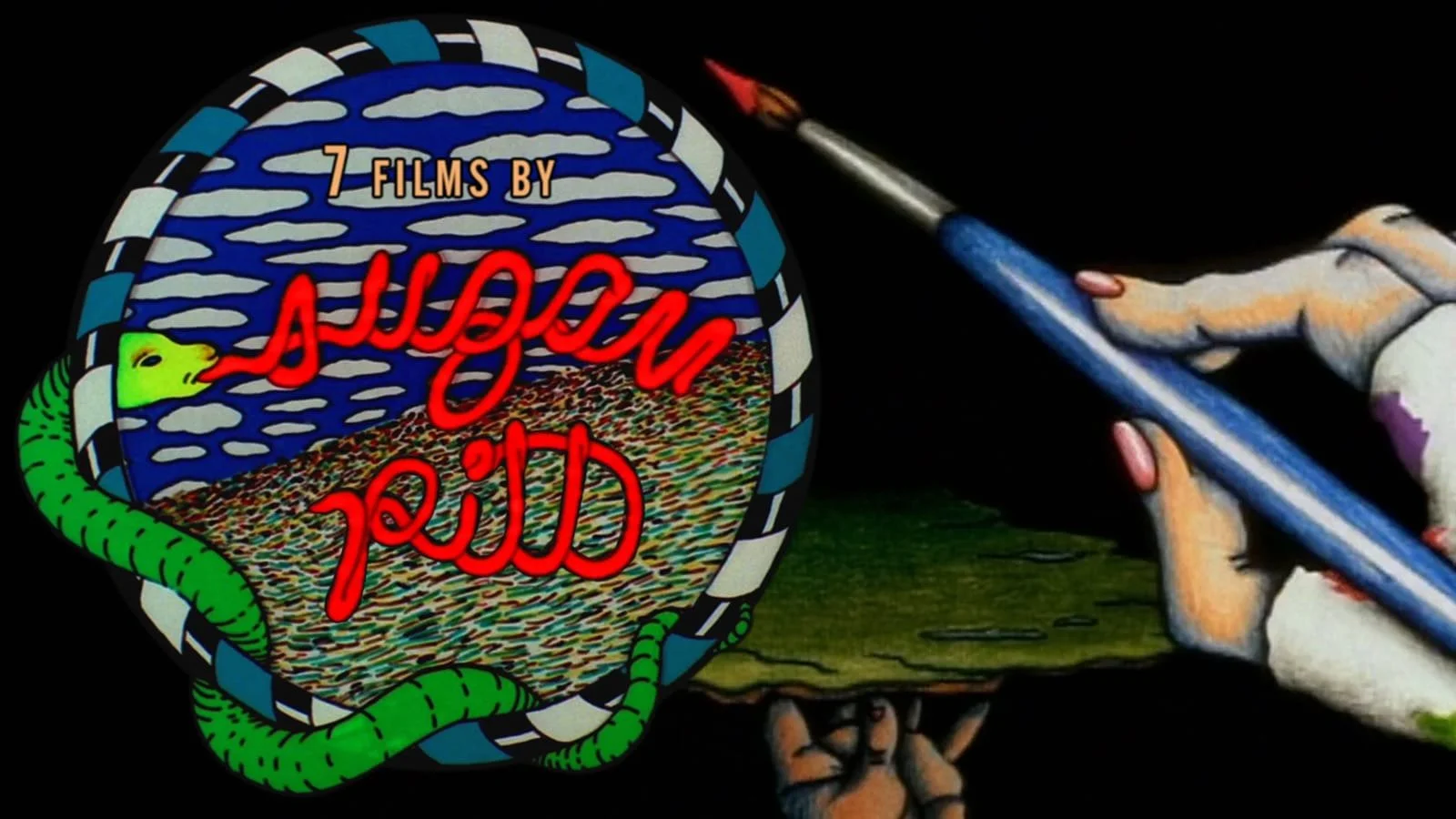


Approaching 1 billion at the worldwide box-office…